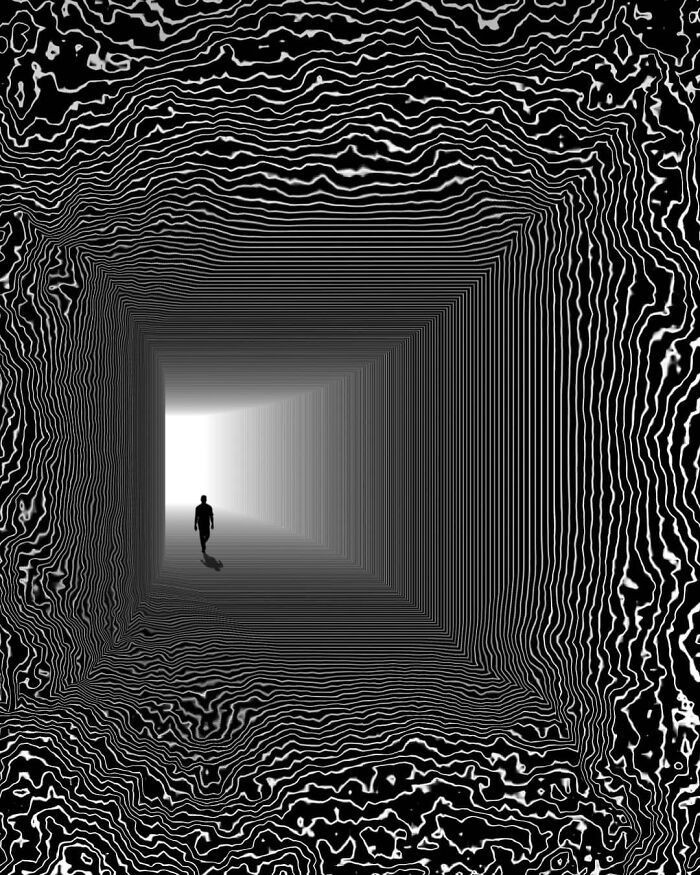
The Therapeutic Potential of Psychedelics for PTSD and Depression

In recent years, psychedelics have been making headlines—not for their counterculture associations of the past, but for their groundbreaking potential in mental health treatment. Conditions like post-traumatic stress disorder (PTSD) and depression, which affect millions of people worldwide, are notoriously difficult to treat. Traditional therapies and medications often provide limited relief. Now, growing evidence suggests that psychedelics, when used in controlled therapeutic settings, may offer a new frontier of healing.Understanding Psychedelics in TherapyPsychedelics are a class of psychoactive substances that include compounds like psilocybin (found in “magic mushrooms”), MDMA, LSD, and DMT. Unlike conventional antidepressants, which often blunt emotions, psychedelics seem to open a “window” into the mind, allowing individuals to process painful experiences with greater clarity and reduced fear. When guided by trained professionals, these substances can foster deep emotional breakthroughs that reshape how trauma and depression are experienced.Psychedelics and PTSDPTSD is one of the most treatment-resistant mental health conditions. Many patients struggle with flashbacks, hypervigilance, and emotional numbness, even after years of therapy. Clinical trials involving MDMA-assisted therapy have shown remarkable promise. MDMA reduces fear responses while increasing feelings of trust and connection, making it easier for patients to confront traumatic memories without being overwhelmed. In some studies, participants reported lasting improvements, with symptoms significantly reduced months—even years—after treatment.Psychedelics and DepressionFor those battling depression, especially treatment-resistant depression, psilocybin therapy has emerged as a powerful option. Research shows that psilocybin can “reset” activity in parts of the brain linked to negative thought patterns. Patients often describe the experience as gaining a new perspective on their lives, with many reporting improvements in mood, emotional resilience, and overall sense of well-being. Unlike daily antidepressants, a few guided sessions with psilocybin may provide lasting benefits.The Science Behind the HealingWhat makes psychedelics so effective for some? Neuroimaging studies reveal that these substances temporarily increase brain connectivity, allowing regions that typically don’t “talk” to each other to communicate. This can break the rigid patterns of thought that trap people in cycles of trauma or depression. Combined with therapy, the psychedelic experience becomes not just a drug effect but a catalyst for psychological transformation.Challenges and ConsiderationsWhile the results are promising, psychedelic therapy is not without challenges. Legal restrictions, potential for misuse, and the need for trained therapists remain significant barriers. Moreover, these treatments are not a cure-all—individual experiences vary, and not everyone may benefit. Safety is paramount, and psychedelic use outside clinical or guided contexts can carry risks.Looking AheadThe therapeutic potential of psychedelics is becoming too compelling to ignore. With the FDA granting “breakthrough therapy” designations to MDMA and psilocybin treatments, the future may see these therapies integrated into mainstream mental health care. For people who have found little relief from conventional approaches, psychedelics could represent hope—a chance to heal deeply rooted wounds and reclaim a sense of wholeness.—Would you like me to make this SEO-optimized with headings, keywords, and meta description so it ranks well on Google, or keep it more academic and research-focused?